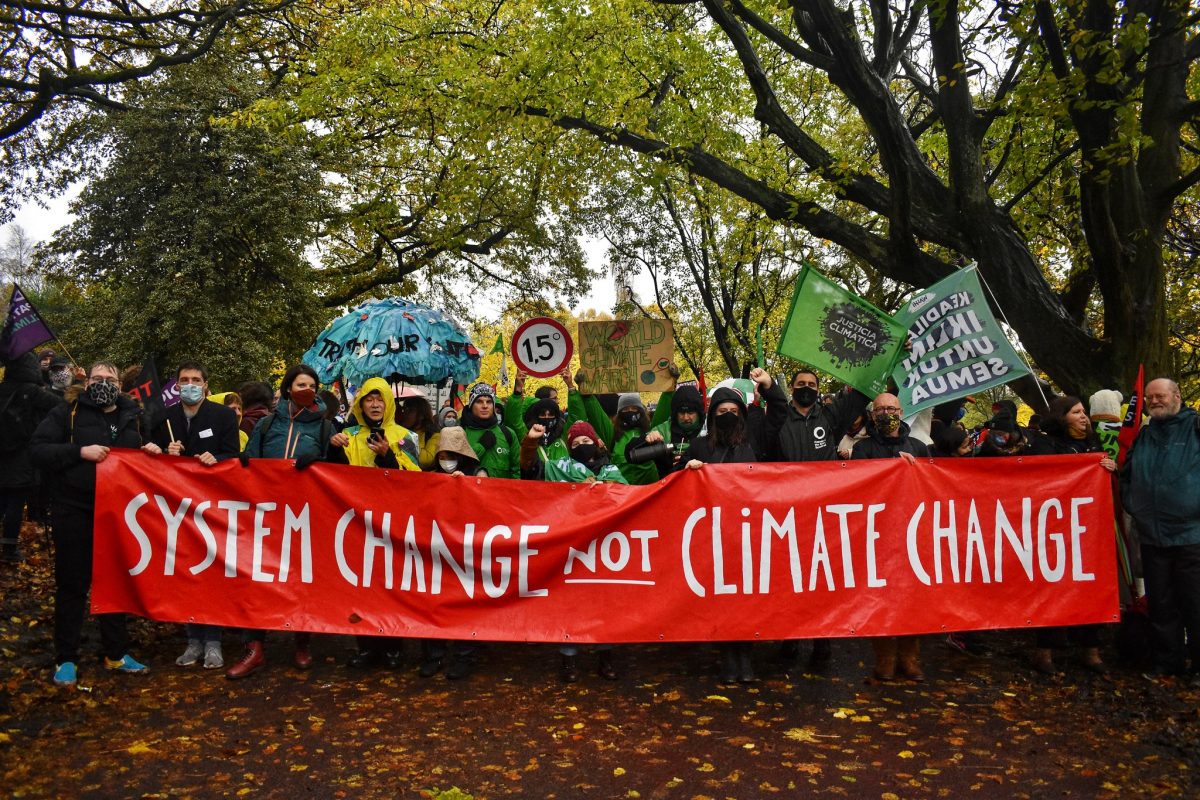
Cancun leaves fair climate deal on ‘life-support’
Cancun Analysis from Friends of the Earth Scotland
As UN climate negotiations ended in Cancun, Friends of the Earth Scotland said there was no progress towards a fair agreement, and very few silver linings to a political compromise that sidelines climate science and climate justice.
Friends of the Earth Scotland Chief Executive Duncan McLaren said:
“Cancun has not delivered a fair and scientifically based climate agreement. It made some tottering baby steps forward on finance, but took big steps backwards in other areas.
“The example set by Scotland of a tough but realistic 2020 target, with a limited role for carbon trading, was not heeded by other rich nations.
“The chances of firm and fair targets for the next decade remain reliant on the survival of the Kyoto Protocol. Despite some positive proposals put forward in Cancun, the Protocol remains on life support, with rich and powerful nations doing their worst to pull the plug.”
While Bolivia, and the conclusions of the Cochabamba peoples’ declaration on climate justice were largely ignored, negotiators agreed some actions, and drafts to take forward to next year’s summit in Durban. Analysts on the ground in Cancun highlighted that the new texts raise a very real risk that the Kyoto Protocol, with its binding, science and justice led approach, will be replaced by the bottom up ‘pledge and review’ approach proposed by the USA in Copenhagen last year.
Friends of the Earth Scotland also highlighted some further pros and cons of the Cancun outcomes:
Pro: It agreed to mobilise a significant level of finance , with only a limited role for the World Bank (although even that limited role is inappropriate).
Con: The finance will mainly come from carbon trading and similar measures, rather than being a genuine increase in support for clean development.
Pro: There is a broad provision that climate measures should respect human rights .
Con: The provisions on forest protection lack reasonable safeguards for indigenous peoples and biodiversity; risking them being used to convert primary forest into plantations, with increased net emissions.
Pro: The provisions on land-use should provide confidence for countries like Scotland to increase action to restore peatlands for carbon and biodiversity purposes.
Con: The agreement foresee a growing role for carbon markets , while evidence suggests so far they have done more to delay emissions reduction, rather than encourage it.
Pro: The package acknowledges that the current collective promises of action will not be adequate to deliver climate safety.
Con: The package does not provide any firm mechanism to increase targets for action.
McLaren concluded:
“There are things to take positively in the outcomes of Cancun, not least that the multilateral process continues to function — albeit not properly and inclusively. But the silver linings are few and small, and in no way outweigh the basic fact that the political compromise of Cancun has sidelined climate science and climate justice.”
ENDS
For media enquiries please contact:
Per Fischer, Press Office, Friends of the Earth Scotland
t: 0131 243 2719
Notes to Editors
Friends of the Earth Scotland exists to help people in Scotland look after the planet for everyone’s future. We think globally and act locally in Scotland, delivering solutions to climate change by enabling and empowering people to take both individual and collective action. We offer help to people with the big things in life – helping to sustain a healthy society and environment. We believe that all of our children’s futures will be better because of what we do. www.foe-scotland.org.uk
